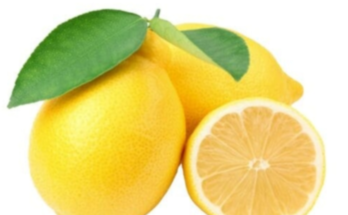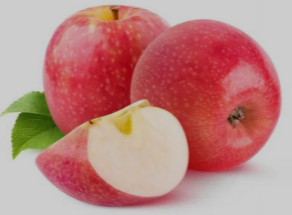Guava, also known scientifically as Psidium guajava, is a colorful tropical fruit enjoyed for its one-of-a-kind flavor and its many health benefits. Guava is native to Central America and regions of South America, but its versatility has led to its global consumption.
Forms and Types
Guava comes with a variety of sizes, shapes, and colors. The skin color can be green or yellow or light brown, and the flesh might be white, pink, or red. The common guava is among the common types, with its aromatic and sweet flesh, whereas the pineapple guava presents a flavor unique to it that is reminiscent of both guava and pineapple. The distinctive fragrance, appearance, and shape of this fruit make it popular in many tropical gardens.
Nutritional Qualities
Guava has a reputation for being a superfruit because of its high nutritional content. It contains a large amount of vitamin C, which is considered an antioxidant that supports immune health, promotes skin health, and may maintain efficacy in absorbing iron. A single guava can provide more than 200 percent of the daily recommended amount. Guava also contains a considerable amount of dietary fiber, which is helpful for digestion and weight management as part of a healthy diet. Guava also provides vitamin A, folate, and potassium properties that support health.
Culinary Applicational
Guava is quite adaptable in the kitchen – whether eaten fresh as a snack on its own, mixed into a salad, or blended into a smoothie and added to cocktails to add a tropical flavor. In many cultures, jams, jellies, and sauces. Good savory innovations also spice up cuisine and can use guava to complement fresh fruits and vegetables. The leaves from the guava plant also have culinary uses such as herbal tea and traditional medicine as an anti-inflammatory.
Growing Guava
Guava trees thrive in warm climates and can be easy to grow as a home gardening project. Guava trees prefer well-drained soil in full sun, which allows them to establish themselves as ornamental or to produce fruit in tropical and subtropical locations. With care after the initial planting, guava trees may produce fruit within a few years.
Conclusion
Guava is not just a tasty fresh fruit. It has a great nutritional profile and culinary style that can apply to almost any dish. Whether enjoyed canned, juiced, or cooked, guava ambiance presents a flare of the tropics to the table. Combined with nutrition and flavor, guava is super! So eat a tub of guava next time you enter a grocery store and be rewarded with this tropical wonder!




